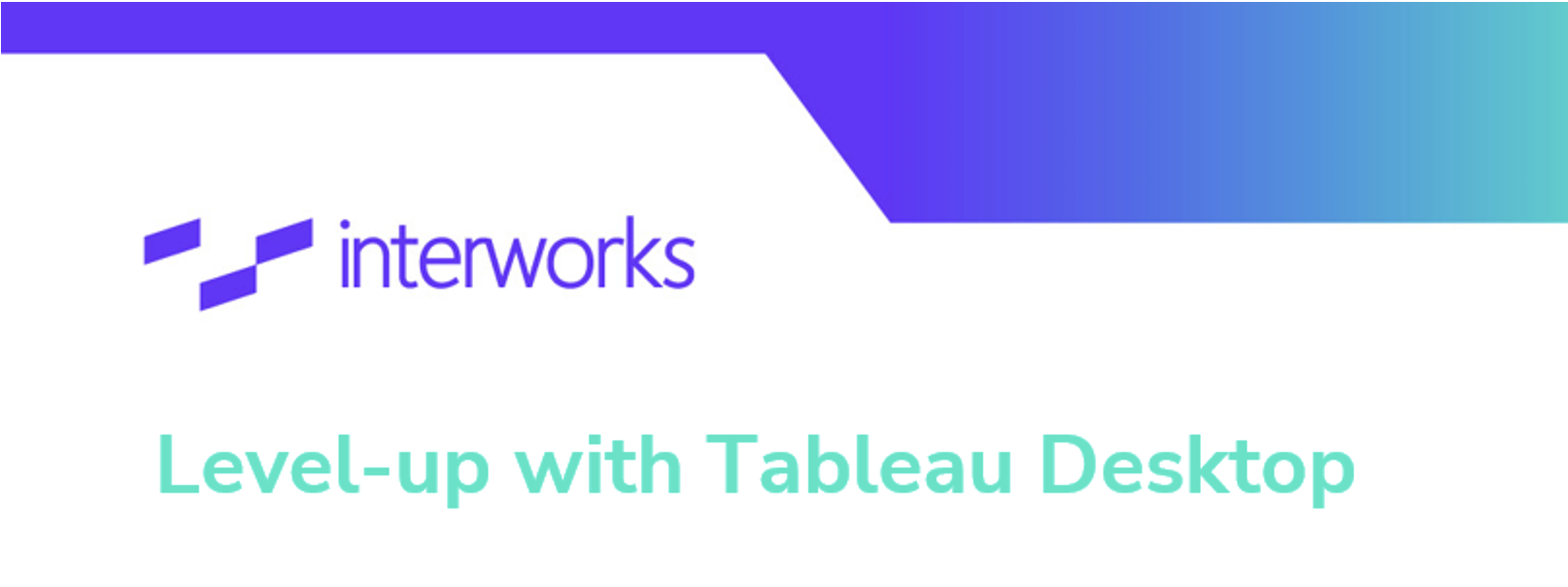One of my favorite colleagues here at InterWorks is Sean Spencer. I’m pretty sure he’s my spirit animal and could be a distant cousin too. He loves Red Pepper Vodka Spaghetti sauce and IPAs. And he oftentimes uses the kind of lingo that could either leave you laughing for hours or second-guessing all of your life choices up-to, and including, the present. Most of the time, he falls somewhere in one of these two extremes. This is why I call Sean my best friend. Like a box of chocolates, I never know which Sean I’m gonna get.
Dystopia and Dope
In a professional sense, extremes usually represent danger zones that you want to avoid (but please don’t avoid Sean, I promise he’s harmless).
For example, when I’m doing dashboarding work, I’ll almost always aim to be balanced in my approach to avoid polarizing feedback on how difficult a dashboard might be to use. The term “dystopian dashboard” appeared in my Slack channel recently, and I thought, “Well, I’ve definitely got to include that in my next blog post.” This would be the sort of nightmarish outcome or extreme that we all try to avoid where nothing is intuitive, and the controls leave the screen spinning for minutes at a time.
On the other side, you could have built the dopest dashboard ever, but at what cost? Did it take 80 hours to produce because of the dozens of calculations and parameters you made? The project could have called for a simple visual report of a half-a-dozen KPIs that can be seen in their accumulated forms and over time. Did you overshoot your target? I try to avoid building Tableau Public’s next “Viz of the Day” and stick to the best practices and principles we’ve seen work time and time again for our clients.
This is the reason we’ve created many of our own Tableau courses over the years. Many of our custom courses focus on balancing efficiency and effectiveness with creativity and ingenuity in Tableau. The collective content that we’ve bridged together in these trainings are formulas for proven success in the real world. The curriculum could be introductions or advanced topics. It could be based on authoring in Tableau Desktop, Server, Cloud or even Public. It could be entirely on cleaning and shaping data in Tableau Prep. The courses can target admins, viewers, explorers or creators (or all the above). They could last an hour or for multiple days.
(Get in touch for a list of all of the Tableau courses we offer.)
Specifically, for those who’ve gotten some exposure to Tableau already and use it in their jobs regularly or know most of the basics from having already taken a getting started course, we oftentimes get asked two questions. First, “How can I prove that I have proficient working ability with the tool?” This is the reason I wrote my post on getting a Tableau Desktop Specialist Certification. And second, “What are ways I can continue learning beyond my foundational knowledge?” If you’re in the market for an up-skill session and want to take your Tableau experience to the next level, we’ve got you, and your organization, covered!
Level-Up with Tableau Desktop

“Push your analytics skills to the next level in Tableau Desktop. Directly compare multiple metrics using advanced charts and then customize your data visualizations using calculations and visual best practices. Provide dynamic and relevant insights based on the specific questions your audience is trying to answer while allowing them to customize the view with user-controlled parameters. Create dashboards with intuitive interfaces allowing your audience to click and explore their data. Turning data analysts into trusted developers, who can help others see complex insights in simplified ways.”
—The description for Level-up with Tableau Desktop
Tableau can be used to unlock hidden value and trends from data, but oftentimes that will take effort from those who have an elevated Tableau know-how. The Level Up in Tableau Desktop course is going to solve business problems before they hit. It’ll have your audience asking deeper questions. It will have everyone rethinking their traditional methods from the past. And will help you and others build toward a better data future. It sounds cliché, I know. But I’ve seen the results — they’re fabulous.
So, let’s work together and stay away from extremes. Let’s be good stewards of the data we’re working with and bring those data insights to life so stakeholders can make informed and confident data-driven business decisions. And who knows — if you’ve paid attention during class and have a true passion for Tableau, coupled with your leveled-up knowledge, you might just be ready for the Data Analyst Certification too!
The Data Analyst Certification exam is definitely more challenging than the Desktop Specialist exam and costs $250. For most of the hiring personnel I’ve met, this exam carries with it a deeper sense of not just Tableau knowledge but general data expertise with analytics, interpretation, trends and visualization best practices, too. It’s proctored, uses Pearson Vue, has a 2-hour time limit, includes multiple choice, multiple select, and hands-on labs, and requires a score of 750 to pass.
Here are some of the recommended self-trainings and readings that you might want to work through (in no particular order of priority):
- 15 Common Tableau LOD Expressions
- How Table Calculations Work in Plain English by Andy Kriebel
- Order of Operations Explained by the Flerlage Twins
- Tableau Relationships: Tips and Tricks
Also, look for some content on the web, or our InterWorks blog, that goes through date logic, parameter actions, forklifting function and a UI checklist for designing better-looking dashboards. (Available in a .PDF version below)
If I can pass the exam after going through the Level Up training and doing a little self-practice on the concepts above, then I’m sure you can too. Be sure to gather some of your Tableau-using colleagues and tell your manager you’d like to have us come to teach you advanced topics. The upskilling that our Level Up course offers will be perfect for not just making your visualizations and dashboards great, but it will also give you most of the knowledge to become a certified Tableau Data Analyst, too. Sounds like a win-win.
Good luck!

